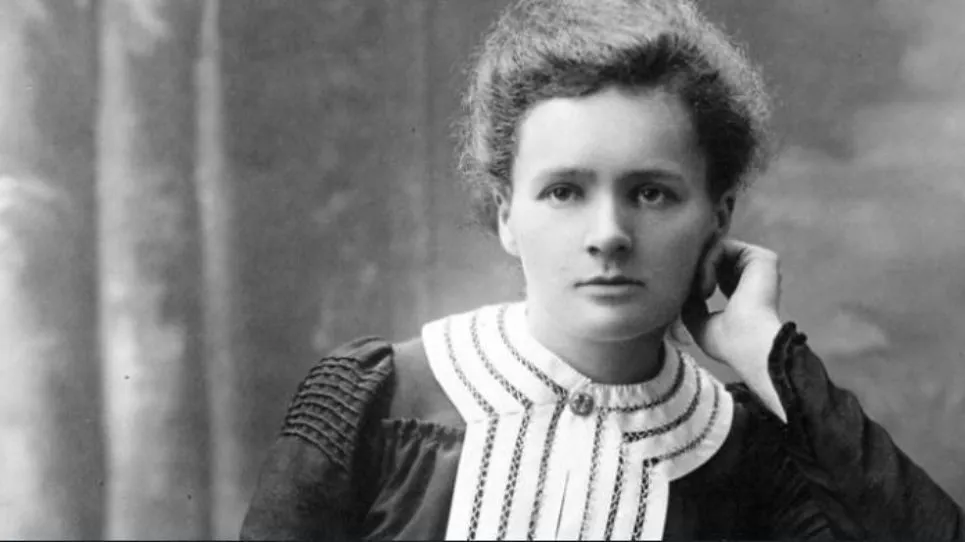The groundbreaking achievements of Marie Curie

The Nobel Prize is one of the most prestigious awards in the world. It is given annually to individuals who have made significant contributions in the fields of physics, chemistry, medicine, literature, and peace.
Since the first Nobel Prize was awarded in 1901, women have been underrepresented among the recipients. In fact, it took until 1903 for the first woman to win a Nobel Prize.
Marie Curie: The first woman to win a Nobel Prize
Marie Curie was a Polish and naturalized-French physicist and chemist who conducted pioneering research on radioactivity. She was the first woman to win a Nobel Prize, the first person and only woman to win the Nobel Prize twice, and the only person to win the Nobel Prize in two different scientific fields.
Curie was born Maria Skłodowska in Warsaw, Poland, on November 7, 1867. She studied physics and chemistry at the Sorbonne University in Paris, where she met her husband, Pierre Curie.
In 1903, Marie Curie and Pierre Curie shared the Nobel Prize in Physics with Henri Becquerel for their research on radioactivity. In 1911, Marie Curie won the Nobel Prize in Chemistry for her discovery of the elements polonium and radium.
Marie Curie’s impact on science
Marie Curie’s research on radioactivity had a profound impact on the field of science. Her work led to the development of new medical treatments, such as radiation therapy for cancer. It also led to the development of nuclear power.
Marie Curie’s legacy
Marie Curie is a role model for women in science. She showed that women can make significant contributions to scientific research. She also paved the way for other women to win Nobel Prizes.
Conclusion
Marie Curie was a groundbreaking scientist who made significant contributions to the fields of physics and chemistry. She was the first woman to win a Nobel Prize, and her work has had a profound impact on the world.
Recommendations
To learn more about Marie Curie, you can visit the following websites:
Find this and many more knowledge guides on Monkicon